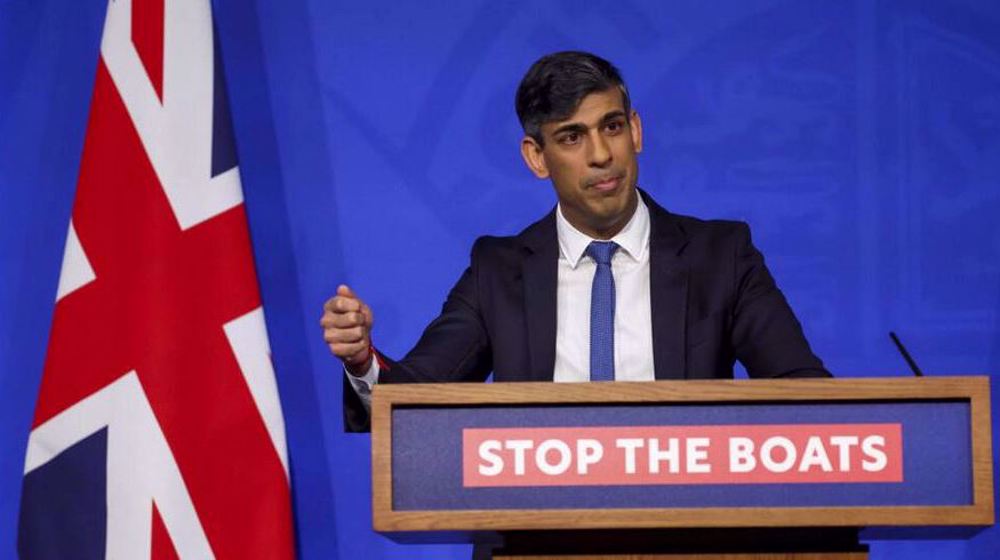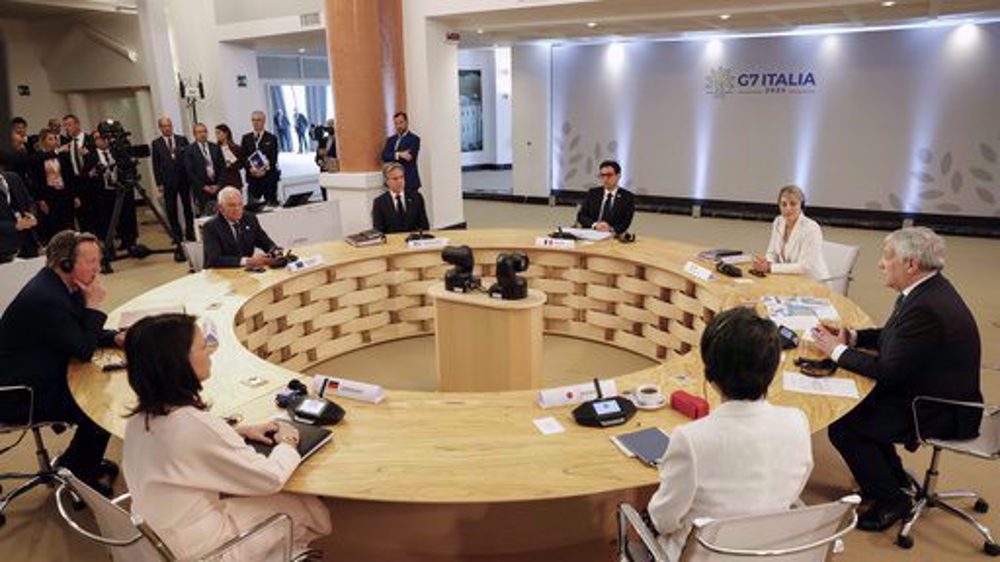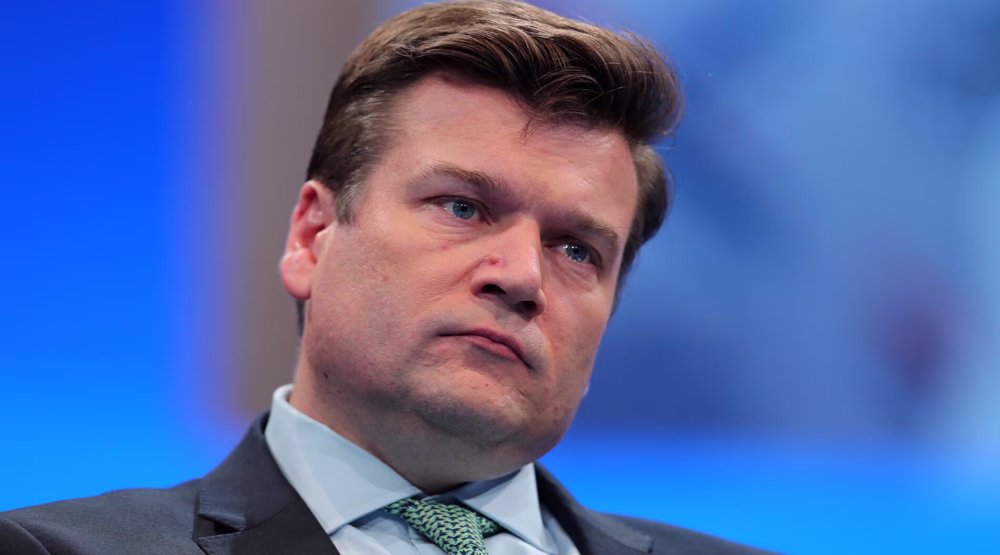Government-backed report claiming British racism in decline, ironically demonstrates opposite
By Richard Sudan
Slavery-denying, deeply racist and gaslighting. These are the terms you would expect to hear if people were to describe sections, of Britain’s racist right-wing media.
But, incredibly, a UK government backed report into racial disparities concluding the country is not institutionally racist, has been slammed by experts and commentators, with those very same descriptions.
The long-awaited findings recently published by the ‘Commission on Race and Ethnic Disparities’ claimed to “present a new race agenda for the country.”
But in reality, for many, the so-called research has simply greenlighted racism itself, while denying the lived experience of those facing serious prejudice.
Coming under fire from academics, experts, activists, campaigners, and MPs the overarching consensus is that the report is simply not worth the paper it’s written on.
Furthermore, for critics and long-time anti-racism activists, it amounts to a deeply insulting piece of propaganda and slap in the face from a government and prime minister that have faced continued accusations of racism.
Commission chairman Tony Sewell wrote in the report, that a new narrative needed to be told about the period of slavery, that wasn’t just focused on “profit and suffering.”
Given Britain’s profiteering from the slave trade and also, that the ongoing and unresolved Windrush scandal is scarcely mentioned in a report arguing Britain has taken big strides in alleviating racism, people are rightly outraged.
Racism in Britain, is as serious as it’s ever been in recent decades. Calling the report ‘divisive’ as plenty are seems a huge understatement.
Stoking the flames of existing tensions might seem more accurate. Because, this report will likely serve as fuel for the apologists, of deep-rooted racism.
Number 10, backed the investigation into racism in Britain, following pressure after a wave of Black Lives Matter protests last year around the country, sparked fresh and renewed debates around racism and systemic inequality, leading to demands for the government to take decisive action.
Many feel the hugely opposed policing bill currently being pushed by the government, is designed in part, to prevent the impact of any such future protests, following the momentous and nationwide numbers of people who took to the streets in 2020.
But the government’s report has been furiously rubbished as whitewashing, downplaying and dismissing the lethal, brutal and traumatic legacy of slavery, of which Britain played a leading role.
And the reality of modern racism in Britain couldn’t be clearer.
Over the last few years, Islamophobia, something the prime minister himself has been accused of, anti-Black systemic racism evidenced with the Windrush scandal, and anti-immigrant sentiment, have continually surfaced and arguably grown, amid a general growing climate of hostility in Britain in the street within right wing movements and political policy at the heart of the government’s ‘hostile environment’.
Disparities in housing, health inequality, employment, and policing are clear. And this reality at odds with the government backed findings is what has infuriated people.
Indeed, tellingly, in the hours following the report's publication, Prime Minister Boris Johnson’s most senior Black advisor Samuel Kasumu, quit the government.
And incredibly, two academics claimed that they were named as stakeholders in the commission’s report without their consent, while also disagreeing with the findings.
Stephen Bourne, a historian on Black British history said he was ‘misled’ about his name appearing on the government’s botched report, labelling it flawed, while SI Martin a Black author, said it was a ‘gross insult’ to see his name added, explaining that the commission had not contacted him ‘in any way shape or form’.
The list of criticism is long and varied.
Simon Woolley, former chair of number 10’s race disparity unit, and founder of Operation Black vote described the report as a “truly historic denial of the scale of race inequality in Britain, delivered precisely at a moment in our national history when the opposite is required.”
Lee Jasper, an anti-racism campaigner with decades of experience wrote a damning indictment of the report making the point which resonates with so many non-white people in Britain that “Systemic racism is a literal life and death issue for our communities.”
It’s hard to overstate the scale of outrage that this government backed report has produced. Racist attacks have rocketed in numbers in recent years particularly around the Brexit vote.
Racism in policing and deaths in custody, which disproportionately affect Black communities, remain areas of deep concern, and ultimately neglect by the authorities and obvious examples of the very institutional racism which the government suggests is no longer a blight on the nation.
And in recent days it came to light, that a metropolitan police officer had also had membership in a banned neo-Nazi group. These are just some of the realities which fly in the face and question, the government's self-congratulating report.
But perhaps none of this should be surprising. Prime Minister Boris Johnson in the past has described Muslim women as looking like “letter boxes”. He has also described Black people as having watermelon smiles and as piccaninnies. He once said of Britain's colonial role in Africa, that the problem was not that Britain had been in charge, but that Britain was “no longer in charge”. All of this of course, chimes perfectly with how the report into racial disparities in Britain has been interpreted.
Not only is it not worth the paper it’s written on, but far from providing evidence that racism has lessened in Britain, the very report itself in essence, ironically shows the opposite, that deeply embedded structural racism, is as rampant as ever.
Richard Sudan is a journalist, writer and TV reporter working for Press TV.
(The views expressed in this article do not necessarily reflect those of Press TV.)
Houthi: US complicit in all Israeli crimes against Palestinians in Gaza
‘Europe could die’, President Macron warns at Sorbonne University
Palestinians released from Israeli jails recount horrible ordeal
'Unprecedented': Thousands of flights cancelled in Europe amid strike
Iran urges US to stop support for Israel as university revolt spreads
Gaza faces imminent famine as people starving to death: UN warns
North Korea to stand up to sanctions, bolster military power: Official
Hezbollah says 2,000 Israeli forces killed, injured in operations since Gaza war began










 This makes it easy to access the Press TV website
This makes it easy to access the Press TV website